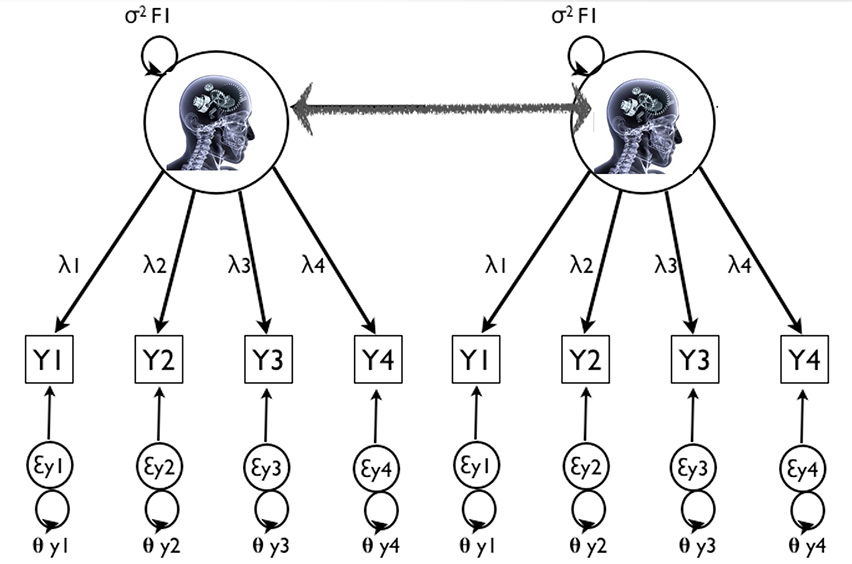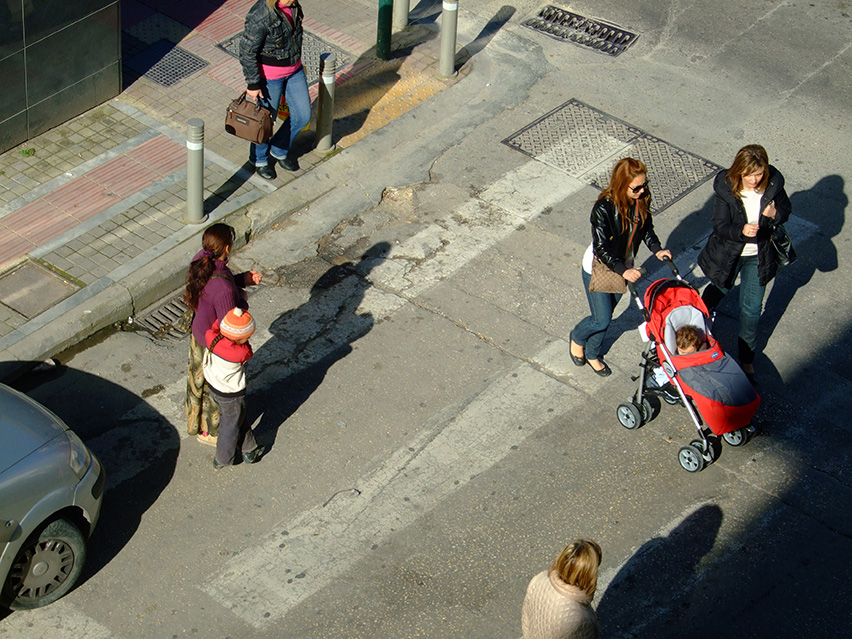Child and adolescent internalizing and externalizing problems 12 months postburn: the potential role of preburn functioning, parental posttraumatic stress, and informant bias
Adjustment after pediatric burn injury may be a challenge for children as well as their parents. This prospective study examined associations of internalizing and externalizing problems in children and adolescents 12 months postburn with preburn functioning, and parental acute and chronic posttraumatic stress symptoms (PTSS) from different perspectives.
Possible Solution to Publication Bias Through Bayesian Statistics
The present paper argues that an important cause of publication bias resides in traditional frequentist statistics forcing binary decisions. An alternative approach through Bayesian statistics provides various degrees of support for any hypothesis allowing balanced decisions and proper null hypothesis testing, which may prevent publication bias.
How to handle missing data: A comparison of different approaches
Many researchers face the problem of missing data in longitudinal research. Especially, high risk samples are characterized by missing data which can complicate analyses and the interpretation of results.
Effectiveness, Mediators, and Effect Predictors of Internet Interventions for Chronic Cancer-Related Fatigue
This paper describes the design and analysis plan that will be used to study 2 Internet interventions aimed at reducing severe fatigue in cancer survivors: a mobile ambulant activity feedback therapy supported through a weekly email by a physiotherapist and a weekly Web- and mindfulness-based cognitive therapy supported online by a psychologist.
Research Talent Grant awarded to Kimberley Lek
Our Research Talent proposal titled “How to hedge our bets in educational testing: combining test results with teacher expertise” has been granted by the Netherlands Organisation for Scientific research. Kimberley Lek will work on this project for the next 4 years. Summary of the proposed research In…
Analyzing small data sets using Bayesian estimation: the case of posttraumatic stress symptoms following mechanical ventilation in burn survivors
The analysis of small data sets in longitudinal studies can lead to power issues and often suffers from biased parameter values. These issues can be solved by using Bayesian estimation in conjunction with informative prior distributions.
Constrained statistical inference: sample-size tables for ANOVA and regression
Researchers in the social and behavioral sciences often have clear expectations about the order/direction of the parameters in their statistical model. For example, a researcher might expect that regression coefficient β1 is larger than β2 and β3.
The Satisfaction With Life Scale: Measurement invariance across immigrant groups
The current study examined measurement invariance of the Satisfaction With Life Scale (SWLS; Diener, Emmons, Larsen, & Griffin, 1985) across three immigrant groups, namely, immigrants from the Former Soviet Union (FSU) in Israel, Turkish-Bulgarians, and Turkish-Germans. The results demonstrate measurement invariance of the SWLS across groups.
Meaning-in-life orientations and values in youth: Cross-cultural comparison
Search for purposes in life and the meaning of life is one of the developmental tasks in youth. The Meaning-in-Life Orientations test (MOL) is often used to assess purposes in life and meaningfulness of life and is often used to compare individuals and groups.
Measurement invariance of the Emotion Regulation Questionnaire (ERQ). A cross-national validity study
The goal of this research was to examine the measurement invariance of the Emotion Regulation Questionnaire (ERQ; Gross & John, 2003) across two European nations. Participants were Italian and German undergraduate students.












